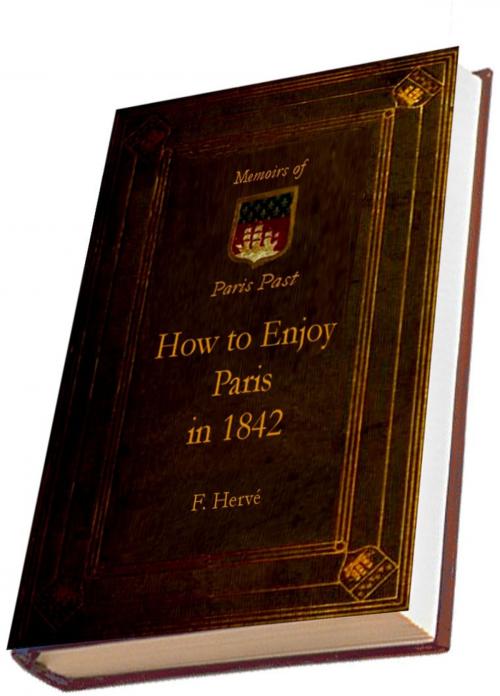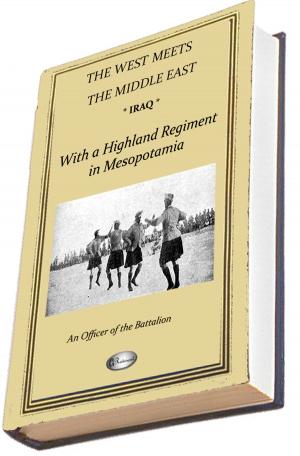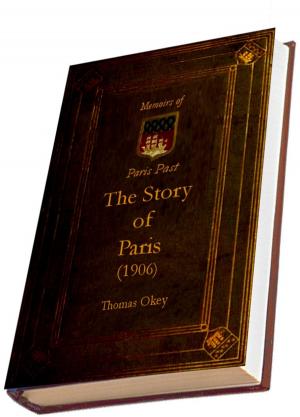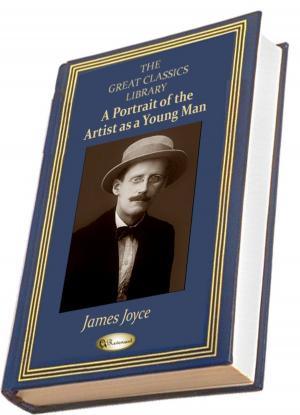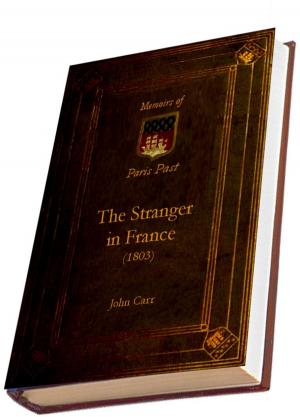How to Enjoy Paris in 1842 (Illustrated)
Memoirs of Paris Past
Nonfiction, Travel, Europe, France, History| Author: | F. Hervé | ISBN: | 1230000029075 |
| Publisher: | Revenant | Publication: | November 7, 2012 |
| Imprint: | Language: | English |
| Author: | F. Hervé |
| ISBN: | 1230000029075 |
| Publisher: | Revenant |
| Publication: | November 7, 2012 |
| Imprint: | |
| Language: | English |
** The Memoirs of Paris Past collection presents fiction and non-fiction – travelers' guides, journals, histories,etc. - which wholly or in part shows Paris as it was at different points in history. If you love Paris and want to virtually stroll its streets in past times, search for “Memoirs of Paris Past” to find other works in the series. **
From the author's note for How To Enjoy Paris in 1842:
“In offering the following pages to the public, the author has been principally influenced by a desire of uniting useful information with that which he hopes may prove amusing to the reader, endeavouring as much as possible to keep in view the spirit of the title "How to enjoy Paris;" and having been accustomed to hear such constant and bitter murmurings from the English, in consequence of their having been so frequently imposed upon by the Paris shopkeepers, considerable pains and attention have been devoted to guard the reader against his being subjected to a similar evil; ....
As the present work includes the different subjects of History, Antiquities, Politics, Manners, Customs, Army, Navy, Literature, Painting, Music, Theatres, Performers, etc., etc., the author flatters himself that readers of every taste will find a chapter which treats upon some subject that may interest them.”
The author begins with a survey of Paris' history before leading the reader around Paris, with a lively, fast-moving review of both the sites of Paris and the character of the French, comparing, notably, French women to English. His wide-ranging look at the city includes some entertaining tales of colorful criminals as well as a tour of sights such as the Conciergerie, Notre Dame, the Jardin des Plantes, the Hotel de Ville and the city's various bridges. He then gives specific advice to the English tourist visiting the city before looking at new businesses and industries there. This is followed by a chapter especially for “the ladies” and another on various forms of progress in various domains. And so on... The book is a very wide-ranging and human look at Paris at a particular time in French history.
** The Memoirs of Paris Past collection presents fiction and non-fiction – travelers' guides, journals, histories,etc. - which wholly or in part shows Paris as it was at different points in history. If you love Paris and want to virtually stroll its streets in past times, search for “Memoirs of Paris Past” to find other works in the series. **
From the author's note for How To Enjoy Paris in 1842:
“In offering the following pages to the public, the author has been principally influenced by a desire of uniting useful information with that which he hopes may prove amusing to the reader, endeavouring as much as possible to keep in view the spirit of the title "How to enjoy Paris;" and having been accustomed to hear such constant and bitter murmurings from the English, in consequence of their having been so frequently imposed upon by the Paris shopkeepers, considerable pains and attention have been devoted to guard the reader against his being subjected to a similar evil; ....
As the present work includes the different subjects of History, Antiquities, Politics, Manners, Customs, Army, Navy, Literature, Painting, Music, Theatres, Performers, etc., etc., the author flatters himself that readers of every taste will find a chapter which treats upon some subject that may interest them.”
The author begins with a survey of Paris' history before leading the reader around Paris, with a lively, fast-moving review of both the sites of Paris and the character of the French, comparing, notably, French women to English. His wide-ranging look at the city includes some entertaining tales of colorful criminals as well as a tour of sights such as the Conciergerie, Notre Dame, the Jardin des Plantes, the Hotel de Ville and the city's various bridges. He then gives specific advice to the English tourist visiting the city before looking at new businesses and industries there. This is followed by a chapter especially for “the ladies” and another on various forms of progress in various domains. And so on... The book is a very wide-ranging and human look at Paris at a particular time in French history.
